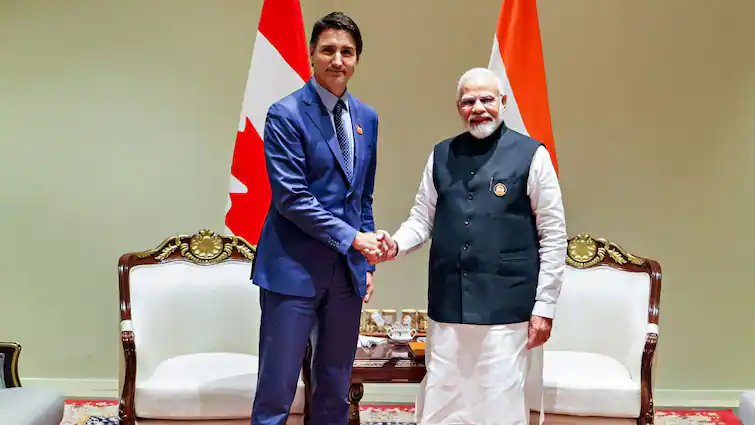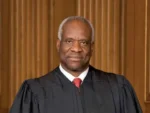Prime Minister Narendra Modi briefly conversed with Canadian Prime Minister Justin Trudeau at G7 summit amid ongoing Khalistan separatist tensions. The discussion occurred during the G7 summit in Italy’s Apulia region. Although details of their conversation remain unknown, their warm greeting were notable. The bilateral ties between India and Canada have been under severe strain.
This tension stems from the killing of Khalistani extremist Hardeep Singh Nijjar. Trudeau’s allegations last year implicated Indian agents in Nijjar’s death. New Delhi rejected these allegations as “absurd” and “motivated.” This incident has significantly impacted diplomatic relations between the two nations.
Allegations and Denials: Khalistan Case
The controversy began with Nijjar’s killing in British Columbia. Nijjar, declared a terrorist by India, was shot outside a gurdwara on June 18. The Royal Canadian Mounted Police (RCMP) is investigating the murder. Trudeau alleged a “potential” involvement of Indian agents in the killing. India has firmly denied these accusations. New Delhi criticized the charges as baseless and politically motivated. The Indian government emphasized that the main issue is Canada’s leniency towards pro-Khalistan elements. These elements, according to India, operate freely from Canadian soil. India has expressed its concerns about the support for extremists in Canada.
Diplomatic Tensions Amid Khalistan Claims
Following Trudeau’s allegations, India took decisive diplomatic actions. New Delhi asked Ottawa to reduce its diplomatic presence in India. Canada responded by withdrawing 41 diplomats and their families. Foreign Secretary Vinay Kwatra addressed the ongoing diplomatic strain. He highlighted India’s dissatisfaction with Canada’s political support for anti-India elements. India has urged Canada to take strong action against extremists. New Delhi’s main concern is the advocacy of extremism and violence by pro-Khalistan groups. India has consistently conveyed its deep concerns to the Canadian government.
India had also expressed concerns with the Canadian authorities. With the appearance of a float depicting the assassination of late PM Indira Gandhi. This was showcased in an event on Sunday in the Greater Toronto Area (GTA). Last week a similar incident took place when a float was displayed during a Khalistani demonstration outside the Indian Consulate in Vancouver.
Future Prospects and Bilateral Relations
The future of India-Canada relations remains uncertain. Both countries need to address their mutual concerns constructively. The bilateral relationship is crucial for global cooperation and regional stability. A massive number of Indian diaspora resides in Canada, developing insecurity amongst them due o such actions.
Modi’s separate conversation with US President Joe Biden at the G7 summit was also significant. Modi expressed pleasure in meeting Biden, emphasizing continued collaboration. The India-US relationship is pivotal in global geopolitics. Strengthening this bond can have positive implications for regional and global stability. The international community is closely watching the developments between India, Canada, and the US. The resolution of these diplomatic tensions is vital for global peace and cooperation.
Conclusion
The recent meeting between Canadian Prime Minister Justin Trudeau and Indian Prime Minister Narendra Modi took place in the context of tense diplomatic relations. The unsolved tensions resulting from the claims of the killing of Hardeep Singh Nijjar. This highlights more significant problems with political asylum and extremism. The bilateral relationship is precariously balanced as India persists in pressuring Canada to confront pro-Khalistan activity. Both countries must have a positive conversation, as seen by the current diplomatic moves. The future of Canada-India ties will hinge on both countries making an effort to resolve these divisive issues and promote an atmosphere of understanding and cooperation.





